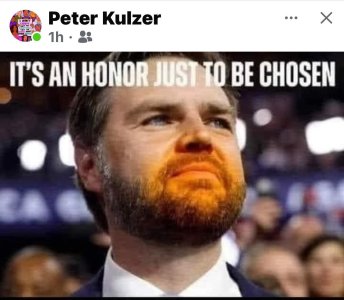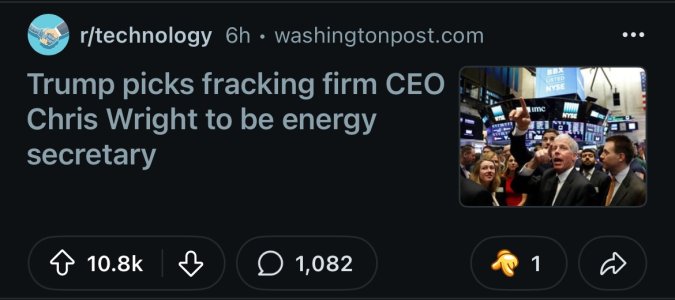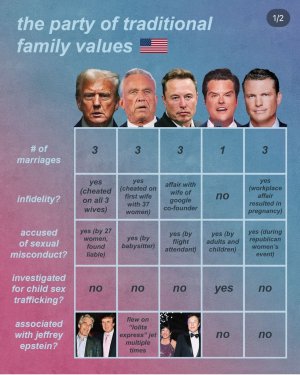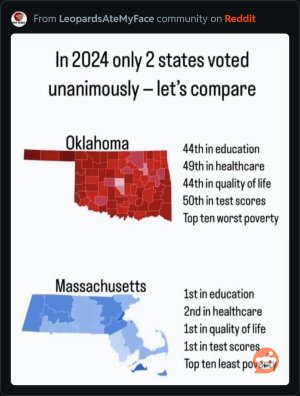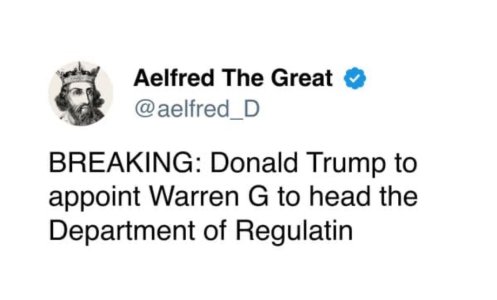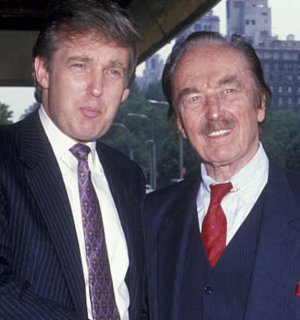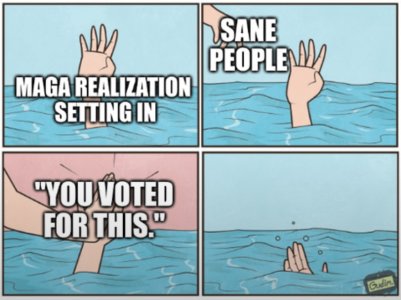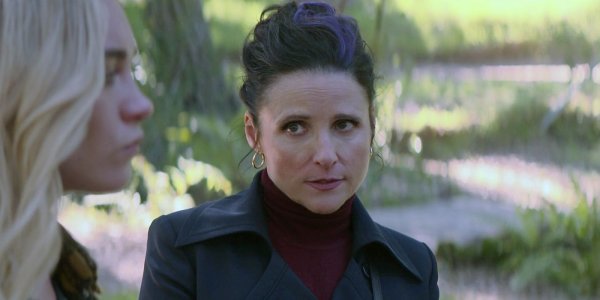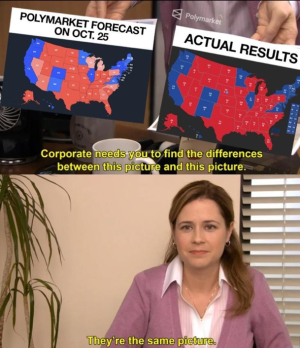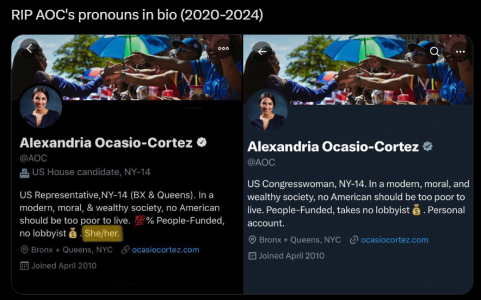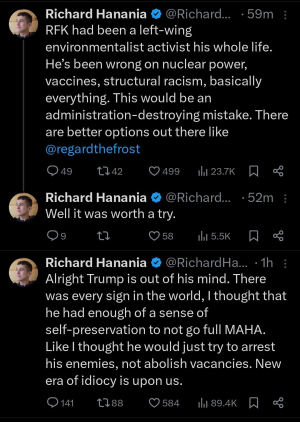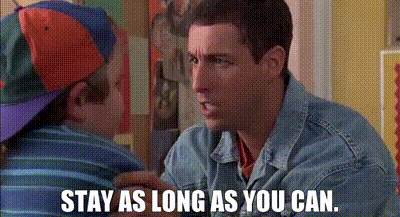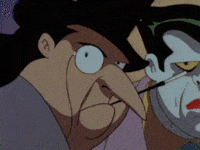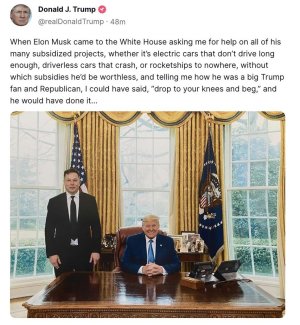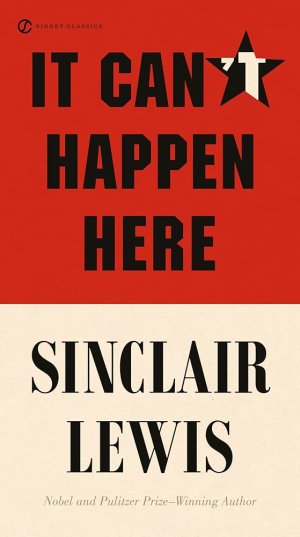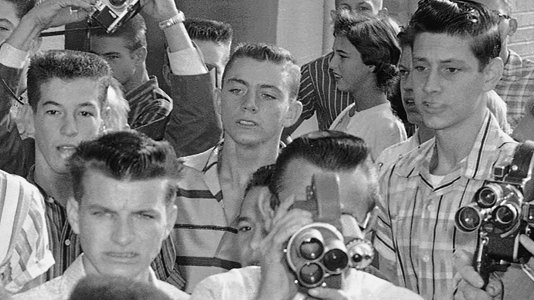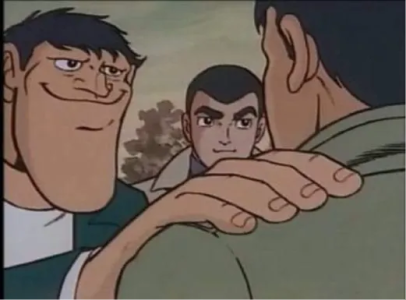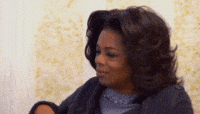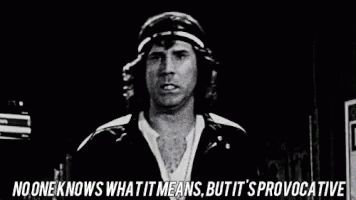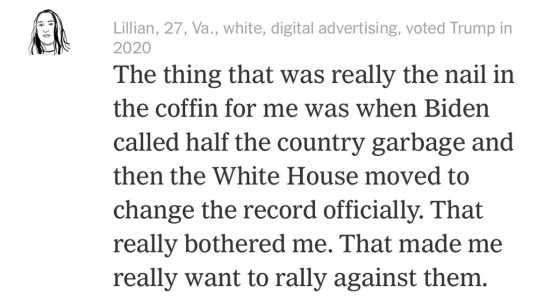- Aug 1, 2004
- 70,049
- 24,223
Why would should he be worried about a trump clone?
I thought trump was making America great again? Wouldn't a trump clone do the same for Belgium?

he should be worried about a Trump clone cuz i read his whole post right now & resembled a wet blanket full of liberal guilt tears.
You do know that calling people liberals or lefty really isn't a insult right?
The way you and your fellow trumpers throw it around like it is some sort of bad thing is hilarious.
talking like someone who speaking from their *** crack.
*cough*
"Liberal" as a derogatory epithet Edit
See also: Democrat Party (epithet) and Who is a Jew? § Antisemitic definitions
Since the 1970s, there has been a concerted effort from both the left and right to color the word "liberal" with negative connotations. As those efforts succeeded more and more, "progressives" and their opponents took advantage of the negative meaning to great effect. In the 1988 presidential campaign, Republican George H.W. Bush joked about his opponent's refusal to own up to the “L-word label.” When Michael Dukakis finally did declare himself a liberal, the Boston Globe headlined the story, “Dukakis Uses L-Word."[191]
Conservative activists since the 1970s have employed "liberal" as an epithet, giving it an ominous or sinister connotation, while invoking phrases like "free enterprise", "individual rights", "patriotic", and "the American way" to describe opponents of liberalism.[192] Historian John Lukacs noted in 2004 that then-President George W. Bush, confident that many Americans regarded "liberal" as a pejorative term, used it to label his political opponents during campaign speeches, while his opponents subsequently avoided identifying themselves as liberal.[193]
Ronald Reagan's ridicule of liberalism is credited with transforming "liberal" into a derogatory epithet that any politician seeking national office would avoid.[193][194] His speechwriters repeatedly contrasted "liberals" and "real Americans". For example, Reagan's then-Secretary of the Interior, James G. Watt said "I never use the words Republicans and Democrats. It's liberals and Americans." Reagan warned the United States of modern secularists who condoned abortion, excused teenage sexuality, opposed school prayer, and attenuated traditional American values. His conviction that there existed a single proper personal behavior, religious worldview, economic system, and proper attitude toward nations and peoples not supporting U.S. interests worldwide, is credited by comparative literature scholar Betty Jean Craige with polarizing America. Reagan persuaded a large portion of the public to dismiss any sincere analyses of his administration's policies as politically motivated criticisms put forth by what he labeled a "liberal" media.[194]
George H. W. Bush employed the word "liberal" as a derogatory epithet during his 1988 presidential campaign.[195] Bush described himself as a patriot, and described his liberal opponents as unpatriotic. He referred to liberalism as "the L-word" and sought to demonize opposing presidential candidate Michael Dukakis by labeling Dukakis "the liberal governor" and by pigeonholing him as part of what Bush called "the L-crowd". Bush recognized that motivating voters to fear Dukakis as a risky, non-mainstream candidate generated political support for his own campaign. Bush's campaign also used issues of prayer to arouse suspicions that Dukakis was less devout in his religious convictions. Bush's running mate, vice presidential candidate Dan Quayle said to Christians at the 1988 Republican National Convention "It's always good to be with people who are real Americans".[194] Bill Clinton avoided association with "liberal" as a political label during his 1992 presidential campaign against George H. W. Bush by moving closer to the political center.[195]
Reactions to shift Edit
Liberal Republicans have voiced disappointment over conservative attacks on liberalism. One example is former governor of Minnesota and founder of the Liberal Republican Club Elmer L. Andersen, who commented that it's "unfortunate today that 'liberal' is used as a derogatory term".[196] After the 1980s, fewer activists and politicians were willing to characterize themselves as liberals. Historian Kevin Boyle explains, "There was a time when liberalism was, in Arthur Schlesinger's words 'a fighting faith' ... Over the last three decades, though, liberalism has become an object of ridicule, condemned for its misplaced idealism, vilified for its tendency to equivocate and compromise, and mocked for its embrace of political correctness. Now even the most ardent reformers run from the label, fearing the damage it will inflict".[197] Republican political consultant Arthur J. Finkelstein was recognized by Democratic political consultants for having employed a formula of branding someone as a liberal and engaging in name-calling by using the word "liberal" in negative television commercials as frequently as possible, such as in a 1996 ad against U.S. Representative Jack Reed: "That's liberal. That's Jack Reed. That's wrong. Call liberal Jack Reed and tell him his record on welfare is just too liberal for you."[198]
Democratic candidates and political liberals have hidden from the word "liberal", in some cases identifying instead with terms such as "progressive" or "moderate".[199][20George W. Bush and former Vice President **** Cheney accused their opponents of liberal elitism, softness, and pro-terrorism in attempts to frighten voters.[201] Conservative political commentators such as Rush Limbaugh consistently used "liberal" as a pejorative label. When liberals shifted to the word "progressive" to describe their beliefs, conservative radio host Glenn Beck used "progressive" as an abusive label.[202] Historian Godfrey Hodgson notes "The word liberal itself has fallen into disrepute. Nothing is too bad for conservative bloggers and columnists—let alone radio hosts—to say about liberals. Democrats themselves run a mile from the 'L word' for fear of being seen as dangerously outside the mainstream. Conservative politicians and publicists, by dint of associating liberals with all manner of absurdity so that many sensible people hesitated to risk being tagged with the label of liberalism, succeeded in persuading the country that it was more conservative than it actually was."[203]
https://en.m.wikipedia.org/wiki/Modern_liberalism_in_the_United_States
brush up on ur history b.









